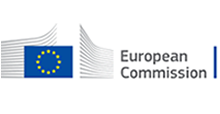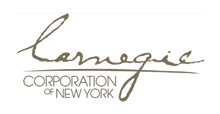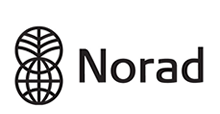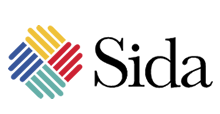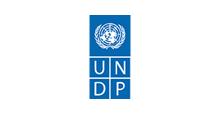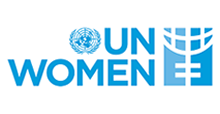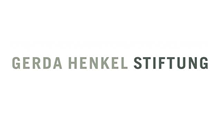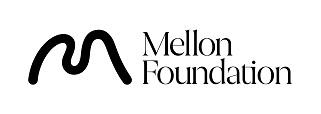The onslaught of COVID-19 devastated global economies, the dignity and wellbeing of many people. While we can safely assume that refugee communities are not an exception, refugee communities remain relatively closed in, with very little known about their experiences and outcomes in regards to COVID-19. Refugee settings are already besieged with a socially disrupted existence, and the COVID experience could have catastrophic consequences in their context. Yet the extent to which refugee communities are aware of COVID-19, have complied and are coping with the related preventive measures, remains largely unknown. Among many things, this study will establish whether the contextual specificities of diverse national urban and rural-based refugees have a bearing on awareness, feasibility, enforcement and compliance in regards to COVID-19 preventive measures. The REFLECT study is therefore timely and contributes to filling a key gap in knowledge, policy and programming around COVID-19 and refugee communities.
Research Strategy:
Methodologically this is a mixed-methods and assessment of COVID-19 in refugee communities. We shall assess knowledge and attitudes; explore local perception of risk or exposure; describe implementation; determine feasibility, adherence or compliance in light Uganda’s national response to COVID-19; identify existing systems and determine their efficacy.
Study Outcomes:
Actionable recommendations for improving humanitarian outcomes. Study findings will contribute to optimal multidisciplinary and multisectoral approaches for behavioural change. Study findings will inform public health measures for present and future responses.

